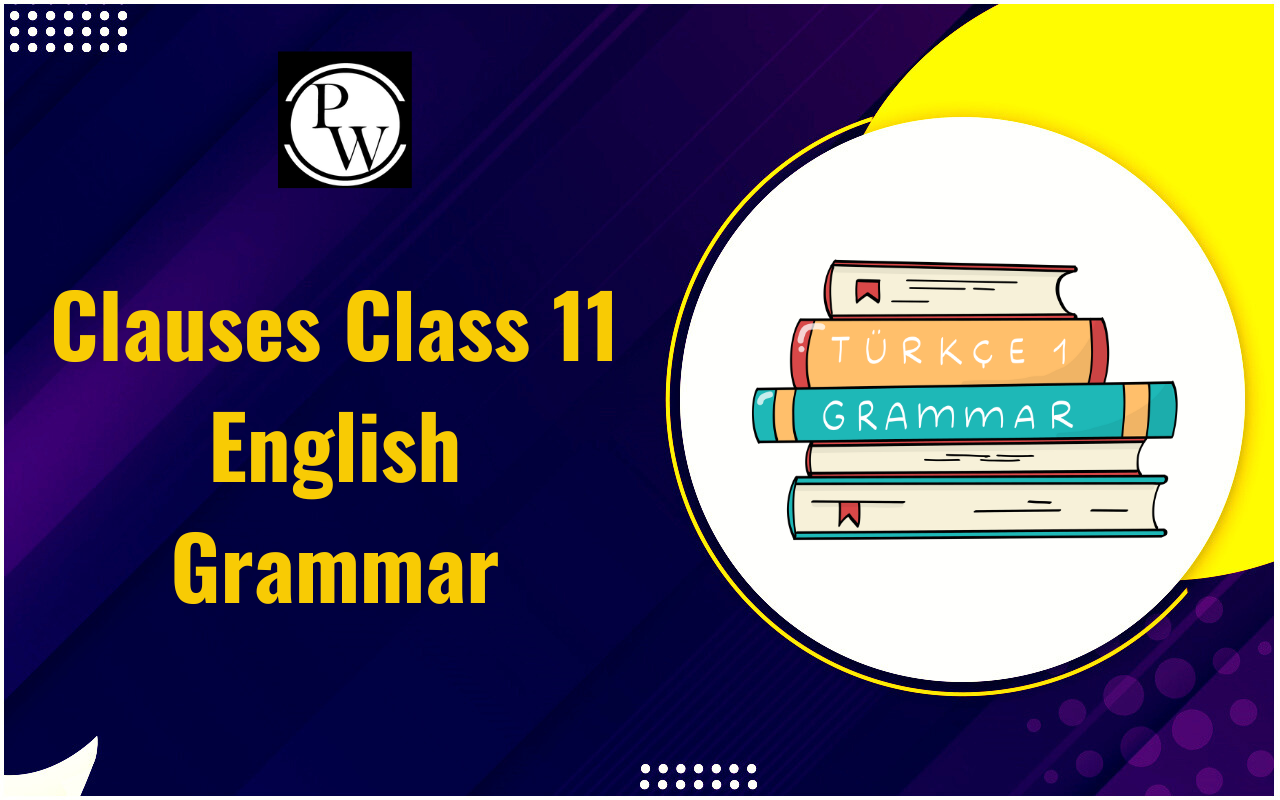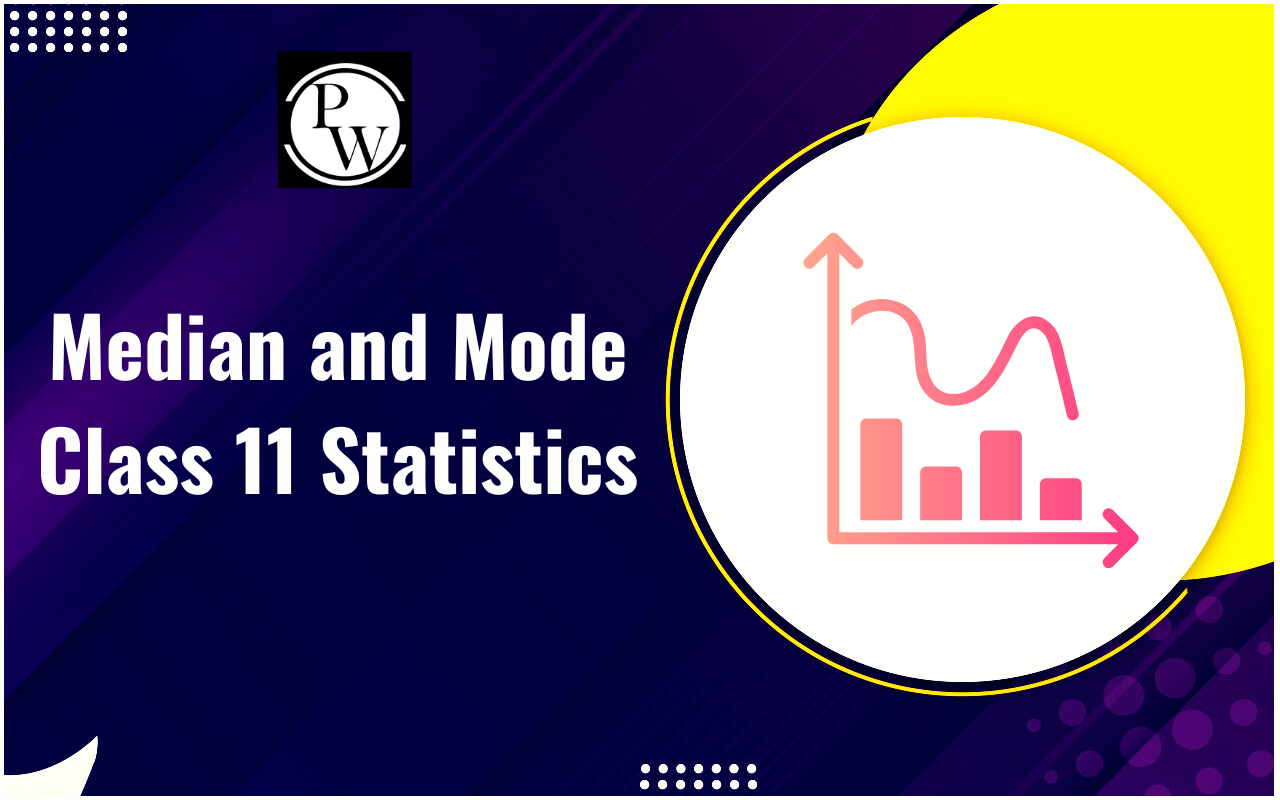
The Joint Hindu Family Business, also called the Hindu Undivided Family (HUF), is a common way for families to work together in India. It includes people of different generations living together in the same house and being related by a common ancestor. Basically, it's all the people who are directly related to a common parent. The Hindu Undivided Family is officially recognized as separate under Section 2(31) of the Income-tax Act, 1961.
Hindu Law controls this one-of-a-kind business way, which is only found in India. The only way to join the company is to be born into it, meaning three generations can work there. The Hindu Undivided Family business is a traditional and long-lasting way to run a business in the country.Joint Hindu Family Business Meaning
The Joint Hindu Family Business is a unique business structure exclusive to India, where ownership and operation are managed by the individuals comprising the Hindu Undivided Family (HUF). This business model is regulated by Hindu Law, specifically governed by The Hindu Succession Act of 1956. The formation of the Joint Hindu Family Business is attributed to the principles of inheritance outlined in the law. Membership in the business is determined by birth, allowing three consecutive generations to participate in the business.Common Terms in Joint Hindu Family Business
Terms commonly used in a Joint Hindu Family Business are:Karta:
The Karta is the senior-most member of the family and serves as the head. Possessing complete control over business activities, the Karta plays a pivotal role in decision-making.Ancestral Property:
Ancestral property is inherited from ancestors, and all family members hold equal rights to it. It forms a shared asset of the Hindu Undivided Family.Coparceners:
Coparceners consist of the propositus (ancestor) and three lineal descendants. They enjoy equal ownership rights over the ancestral property, contributing to the collective ownership structure of the family business.
Formation of Joint Hindu Family Business
The establishment of a Joint Hindu Family Business involves several prerequisites:- A minimum of two male members must be present in the business.
- The members of the joint family should possess inherited ancestral property.
- Equal ownership shares in the property must be held by the business members.
- Membership in the HUF business is automatic for a child born into a joint Hindu family.
- Becoming a member of the business doesn't necessitate an agreement; mere birth into the family suffices.
Also Read- Steps in Formation of a Company, Meaning and Process
Different Systems of Joint Hindu Family Business
In a Joint Hindu Family Business, two distinct systems are used: Dayabhaga System: Found in West Bengal and Assam, this system permits both male and female family members to be coparceners. However, a son can only assert rights to the ancestral property after the demise of his father. Mitakshara System: This system comprises four sub-schools—Benares, Mithila, Maharashtra or Bombay, and Dravida or Madras school. The application of Mitakshara schools is geographically specific. It is prevalent in most parts of India, excluding West Bengal. In this system, only male members are recognized as coparceners in the business.Key Features of Joint Hindu Family Business
The main features of a joint Hindu family business are mentioned below: Formation: The Hindu Undivided Family Business necessitates a minimum of two members inheriting ancestral property. Membership is automatically acquired by birth, eliminating the need for any formal agreement among family members. Liability: Except for the Karta, the liability of all members is confined to their shares in the co-coparcenary property of the business. The Karta, however, bears unlimited liability, allowing the use of personal assets to settle business debts. Control: The Karta holds dominion over the entire family business, managing and making decisions that bind all coparceners. Continuity: The HUF remains unaffected by the demise of its members. In the event of the Karta's death, the next eldest male member assumes the role of Karta. Termination of the business requires mutual agreement among the members. Minor Members: Even minors can be members of the business, as membership is inherent upon birth.Advantages of a Hindu Family Business
- Karta has full power over business actions, which makes it easier to make quick decisions.
- The authority of the Karta is unquestionable, reducing disagreements among members and ensuring fast decision execution.
- The smooth shift of responsibilities to the next biggest member after the Karta's demise ensures continued business operations.
- Business activities move easily without delays, keeping a consistent routine.
- Members bear limited responsibility, bound to their individual shares in the business.
- While the Karta takes unlimited responsibility, reducing risks for other members in case of business closure.
- Joint family members collectively participate in business operations, supporting trust and unity.
- This joint method allows the achievement of business goals through mutual support.
Challenges of a Joint Hindu Family Business
- Dependence on family property leads to limited means for business growth.
- Obtaining credit from private banks becomes difficult, slowing possible growth.
- The Karta's important role comes with the downside of limitless responsibility.
- Business expenses are paid using the personal assets of the Karta, creating financial risks.
- While the Karta makes separate choices and runs the business, disagreements may arise.
- Lack of obligation to accept feedback from other members can lead to cooperation problems.
- Decisions made by the Karta may sometimes be unfair due to poor management skills.
- The Karta may not hold skill in all managing tasks, harming successful business management.
| Commerce Related Topics | |
| What is Occupational Structure? | Types of Organization Structure |
| Difference Between Partnership Firm and Company | Business Ethics in Commerce |
Joint Hindu Family Business FAQs
What constitutes a Joint Hindu Family Business?
Formation by at least two male members, inheritance of ancestral property, equal division of property among members, and no necessity for an agreement to become a member.
What systems are used in a Joint Hindu Family Business?
The Dayabhaga System and the Mitakshara System are both used.
What exactly is a cooperative society?
A cooperative society is a business concept that combines shared ownership and leadership.
Who or What is a statutory body?
A statutory body is any non-constitutional authority or entity. Such committees have been constituted by the parliament and have the ability to make decisions on behalf of the whole country.
Is it possible for a HUF karta to be a woman?
In a landmark decision in 2017, the Delhi High Court declared that female family members may also play the function of a Karta.
Talk to a counsellorHave doubts? Our support team will be happy to assist you!

Check out these Related Articles
Free Learning Resources
PW Books
Notes (Class 10-12)
PW Study Materials
Notes (Class 6-9)
Ncert Solutions
Govt Exams
Class 6th to 12th Online Courses
Govt Job Exams Courses
UPSC Coaching
Defence Exam Coaching
Gate Exam Coaching
Other Exams
Know about Physics Wallah
Physics Wallah is an Indian edtech platform that provides accessible & comprehensive learning experiences to students from Class 6th to postgraduate level. We also provide extensive NCERT solutions, sample paper, NEET, JEE Mains, BITSAT previous year papers & more such resources to students. Physics Wallah also caters to over 3.5 million registered students and over 78 lakh+ Youtube subscribers with 4.8 rating on its app.
We Stand Out because
We provide students with intensive courses with India’s qualified & experienced faculties & mentors. PW strives to make the learning experience comprehensive and accessible for students of all sections of society. We believe in empowering every single student who couldn't dream of a good career in engineering and medical field earlier.
Our Key Focus Areas
Physics Wallah's main focus is to make the learning experience as economical as possible for all students. With our affordable courses like Lakshya, Udaan and Arjuna and many others, we have been able to provide a platform for lakhs of aspirants. From providing Chemistry, Maths, Physics formula to giving e-books of eminent authors like RD Sharma, RS Aggarwal and Lakhmir Singh, PW focuses on every single student's need for preparation.
What Makes Us Different
Physics Wallah strives to develop a comprehensive pedagogical structure for students, where they get a state-of-the-art learning experience with study material and resources. Apart from catering students preparing for JEE Mains and NEET, PW also provides study material for each state board like Uttar Pradesh, Bihar, and others
Copyright © 2025 Physicswallah Limited All rights reserved.









